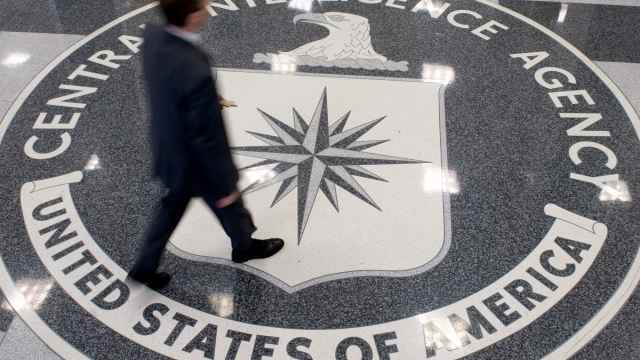Increasing the tax load on the economy is being discussed in the government, according to three federal officials, with reinstating the 34 percent mandatory social insurance rate, introducing a progressive individual income tax and raising value-added tax to 22 percent under consideration.
"Tax maneuvers" will be unavoidable unless the president decides to reduce expenditures on defense, law enforcement and government staff significantly.
One of the sources said raising VAT by 2 percent to 20 percent, or even by 4 percent to 22 percent, was being considered, as well as raising excise taxes on cigarettes and alcohol, and a return to the higher insurance rate with 4 percent of it being charged to the employee.
"[First Deputy Prime Minister Igor] Shuvalov is demanding sources of income. Other ministers — Siluanov, Golikova and Nabiullina — are furious with him. But he is saying that if money can't be found in the budget, they'll take it from insurance payments."
The sources did not specify how the excise taxes would be raised or what the rates of progressive taxation would be.
Yevsei Gurvich, head of the Economic Expert Group, calculated that raising VAT by 1 percent would bring 0.33 percent of gross domestic product into the federal budget, raising the insurance rate would bring in 0.16 percent and increasing the income tax would be worth 0.24 percent.
Based on those estimates, raising VAT and insurance rates by 4 percent would bring in 2 percent of GDP to the budget, or about 1.2 trillion rubles ($40 billion) under current conditions.
France is raising its VAT from 19.6 percent to 21.2 percent now as well.
The same source added that the government was not thinking of making all the changes simultaneously, but rather each is being considered individually before a choice is made, one highly placed source said.
That choice will fall to the new president and prime minister, since the tax issue will be discussed in May along with the new budget and pension reform, according to another source.
A Finance Ministry source said it was not necessary to raise taxes, but to tap reserves within existing resources. The Economic Development Ministry would oppose any tax increase, a source from that ministry said.
Official representatives of Shuvalov's office, the Finance Ministry and the Economic Development Ministry declined to comment on the matter.
Gurvich pointed out that raising taxes would run counter to Prime Minister Vladimir Putin's article in Vedomosti, which supported tailoring expenditures to income, rather than adjusting income to match budgetary appetite. Raising taxes now would damage Russia's investment attractiveness, Gurvich added.
Sergei Nedoroslev, owner of the high-tech company Kaskol Group, said the government's industrial policy is to develop sectors with high added value, and raising VAT would contradict that goal. He said it made more sense to make a transition from VAT to a sales tax.
A Message from The Moscow Times:
Dear readers,
We are facing unprecedented challenges. Russia's Prosecutor General's Office has designated The Moscow Times as an "undesirable" organization, criminalizing our work and putting our staff at risk of prosecution. This follows our earlier unjust labeling as a "foreign agent."
These actions are direct attempts to silence independent journalism in Russia. The authorities claim our work "discredits the decisions of the Russian leadership." We see things differently: we strive to provide accurate, unbiased reporting on Russia.
We, the journalists of The Moscow Times, refuse to be silenced. But to continue our work, we need your help.
Your support, no matter how small, makes a world of difference. If you can, please support us monthly starting from just $2. It's quick to set up, and every contribution makes a significant impact.
By supporting The Moscow Times, you're defending open, independent journalism in the face of repression. Thank you for standing with us.
Remind me later.





